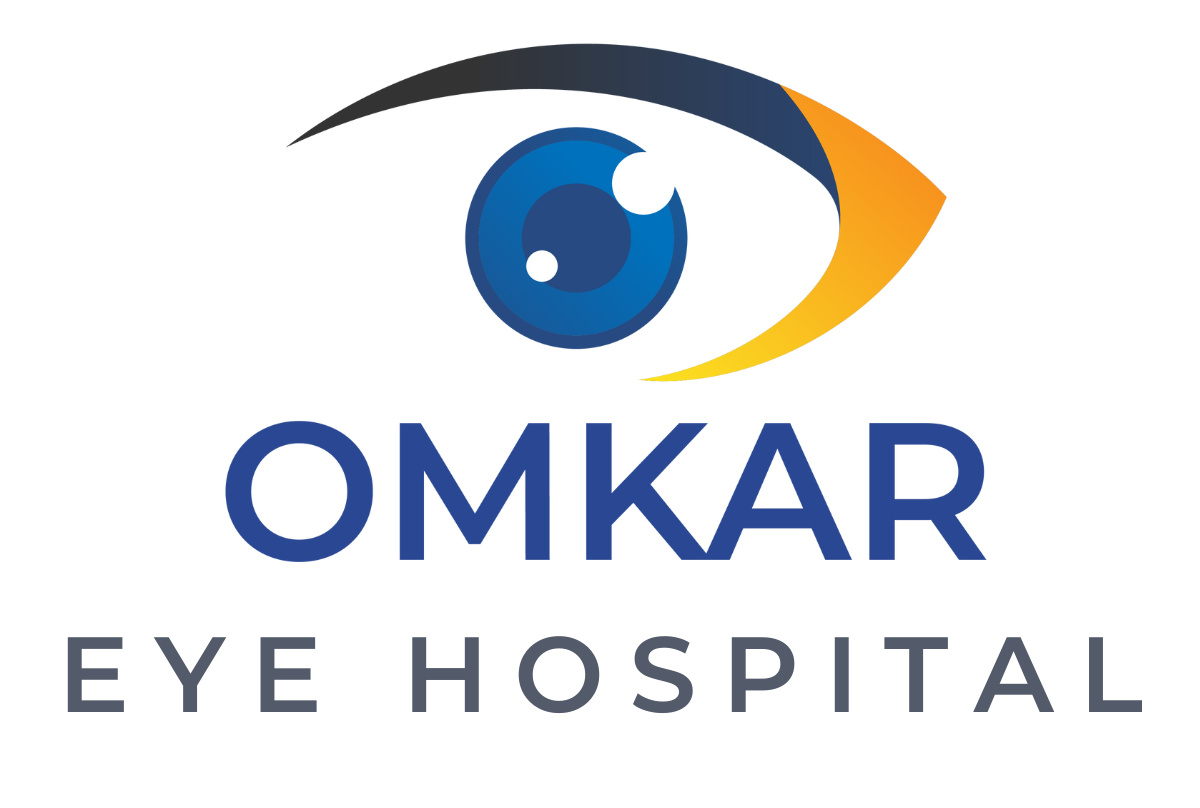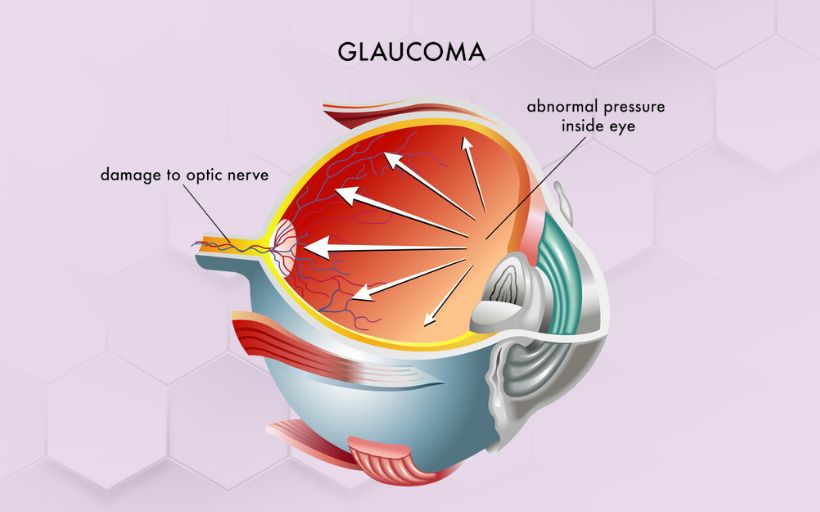One day, you might notice that your vision has become less sharp than it used to be, and it’s something you haven't picked up on until now. It’s a small difference, but it’s something to be aware of. That's how glaucoma can slip up on you or your loved ones. It's a silent thief of sight, but understanding its causes and risks can help you stay one step ahead.
What Is Glaucoma?
Glaucoma is an eye condition that could lead to vision loss if not treated early. It occurs when the pressure inside the eye, known as intraocular pressure, gets too high, damaging the optic nerve. This damage is often irreversible, which is why early detection and treatment are very important.
The Top Reasons Behind Glaucoma
Increased Eye Pressure
One of the main reasons for glaucoma is increased pressure within the eye. This pressure builds up when the fluid inside the eye, called aqueous humor, doesn’t drain properly. Think of it like a clogged sink; if the water can’t escape, it starts to overflow. Similarly, when eye fluid can't drain, it raises the pressure inside the eye, leading to glaucoma.
Age
As much as we’d like to stop time, aging is inevitable, and so are some of the risks that come with it. Glaucoma is more common in people over the age of 60, but it can occur at any age. The older you get, the more vigilant you should be about regular eye check-ups.
Family History
If glaucoma runs in your family, your chances of developing it are higher. Genetics plays a significant role in many health conditions, and glaucoma is no exception. If you know that a close relative has had glaucoma, it's important to get your eyes checked regularly, even if you’re not experiencing any symptoms.
Ethnicity
Did you know that your ethnicity can affect your risk of glaucoma? People of African, Asian, and Hispanic descent are at a higher risk of developing the condition. Understanding this can help you take preventive steps and stay informed about your eye health.
Medical Conditions
Certain medical conditions, such as diabetes, heart disease, and high blood pressure, can increase your risk of glaucoma. If you have any of these conditions, keeping them under control is not only important for your overall health but also for protecting your vision.
Eye Injuries
A past eye injury can lead to glaucoma, even years after the incident. If you or anyone in your family has ever had an eye injury, make sure to mention it during their or your eye exams, as it could be a risk factor that needs monitoring.
Long-term Use of Steroid Medications
Steroid medications are commonly prescribed for various conditions, but long-term use can increase the risk of glaucoma. If you require steroids, whether for asthma, allergies, or other conditions, it's essential to follow up with your doctor about any potential eye health impacts.
The Risks caused by Glaucoma
Glaucoma is often referred to as the "silent thief of sight" because it can progress without noticeable symptoms until significant vision loss has occurred. This is why regular eye exams are so important, especially if you have any of the risk factors mentioned above.
The good news is that early detection and treatment can help manage the condition and prevent further damage. Treatments may include eye drops, medication, laser treatment, or surgery, depending on the severity of the condition. If you’re concerned about your risk or that of a loved one, seeking professional advice is a necessary step.
Glaucoma might sound intimidating, but by understanding the causes and risk factors, you're already on the right path to protecting your family's vision. From keeping an eye on your intraocular pressure to knowing the impact of genetics and medical conditions, staying informed is your best defense. Your vision is too precious to take for granted, so let’s stay attentive and responsible together. It’s better to take prevention earlier than to regret it later.
If you are looking for glaucoma treatment in chinchwad or an expert who can address these concerns, schedule a consultation with our expert at Omkar Eye Hospital for more information.


